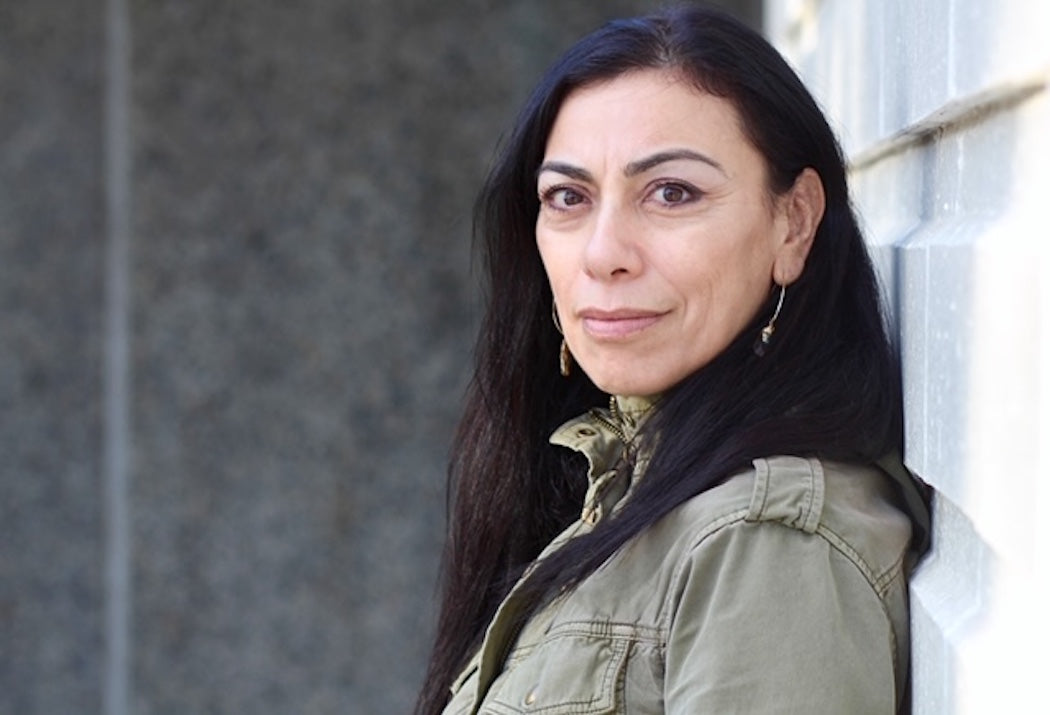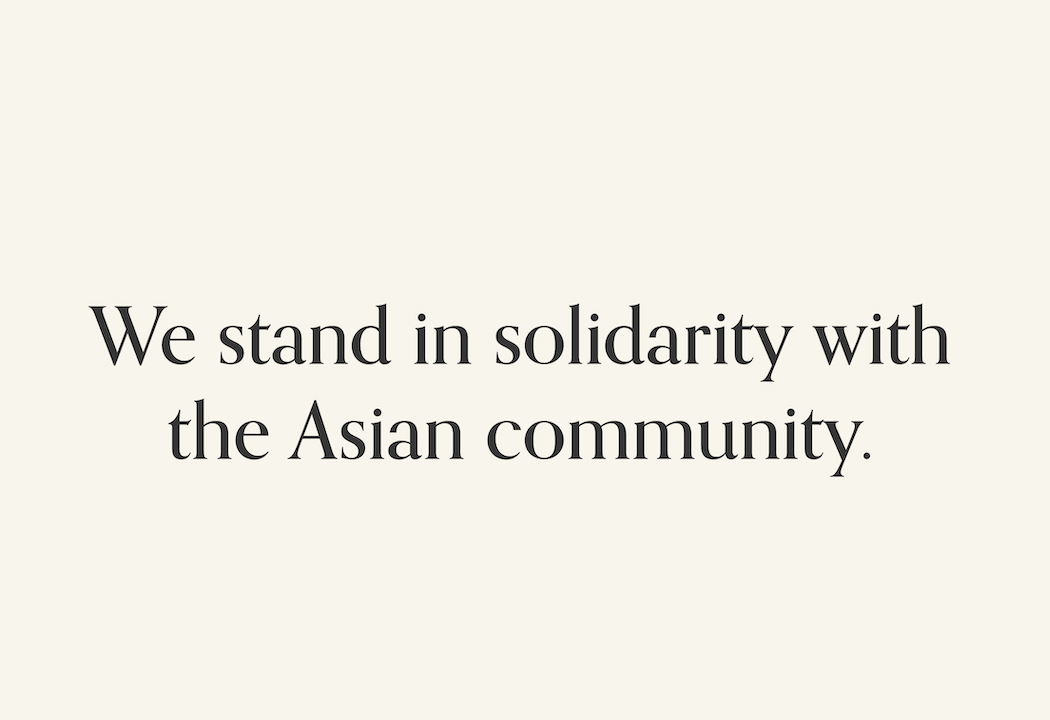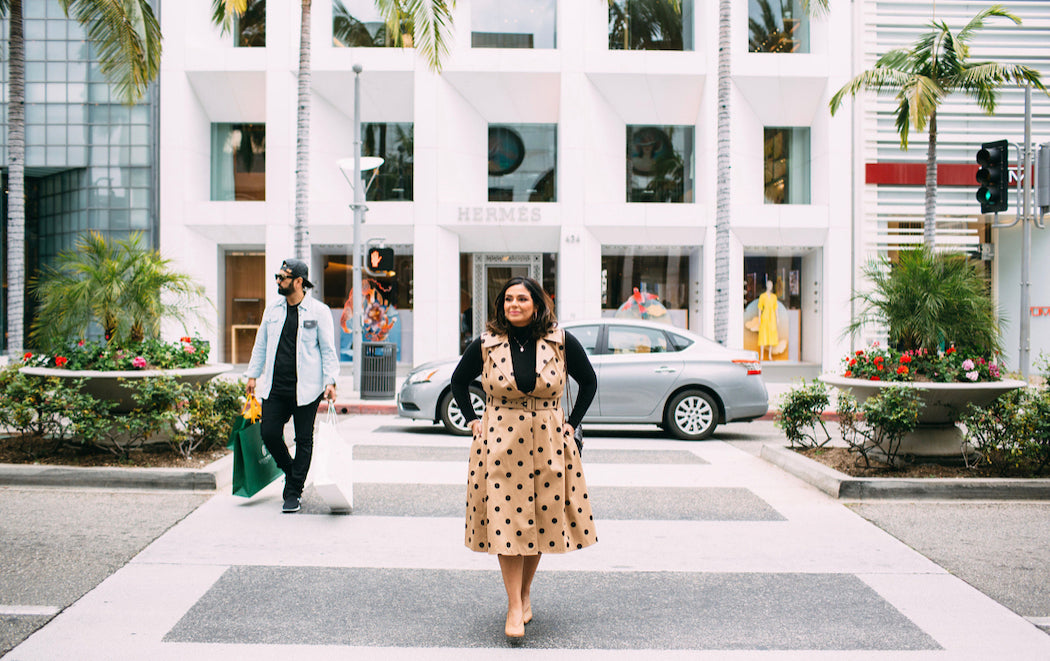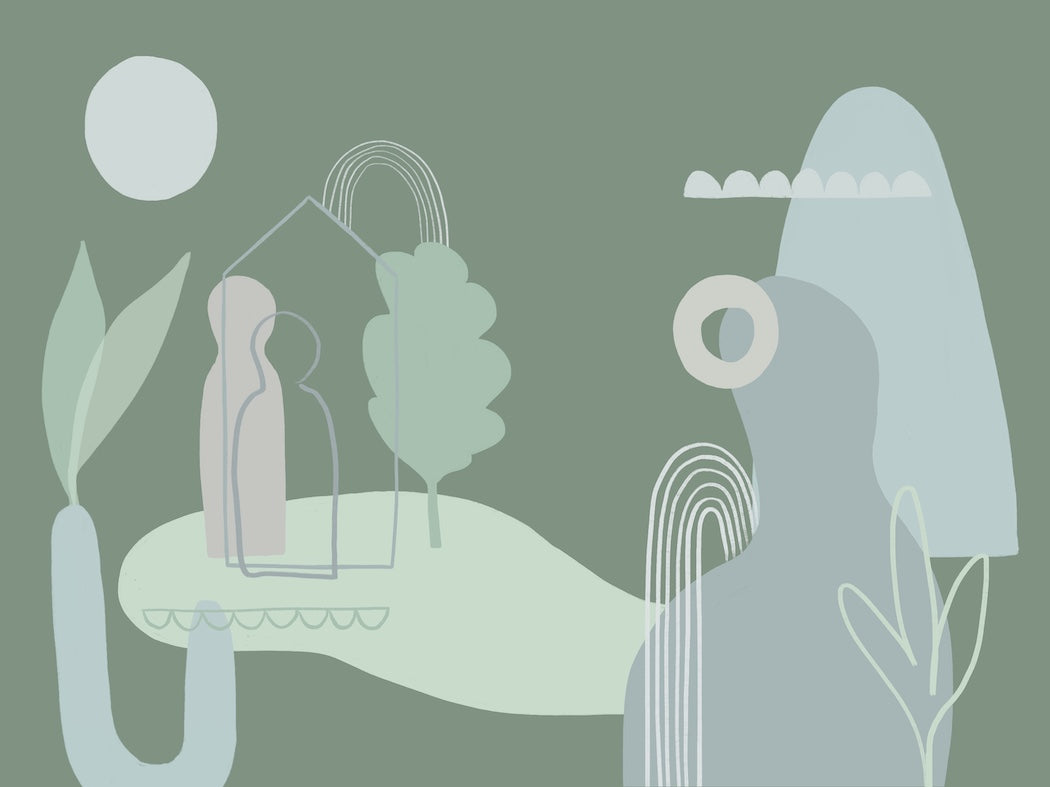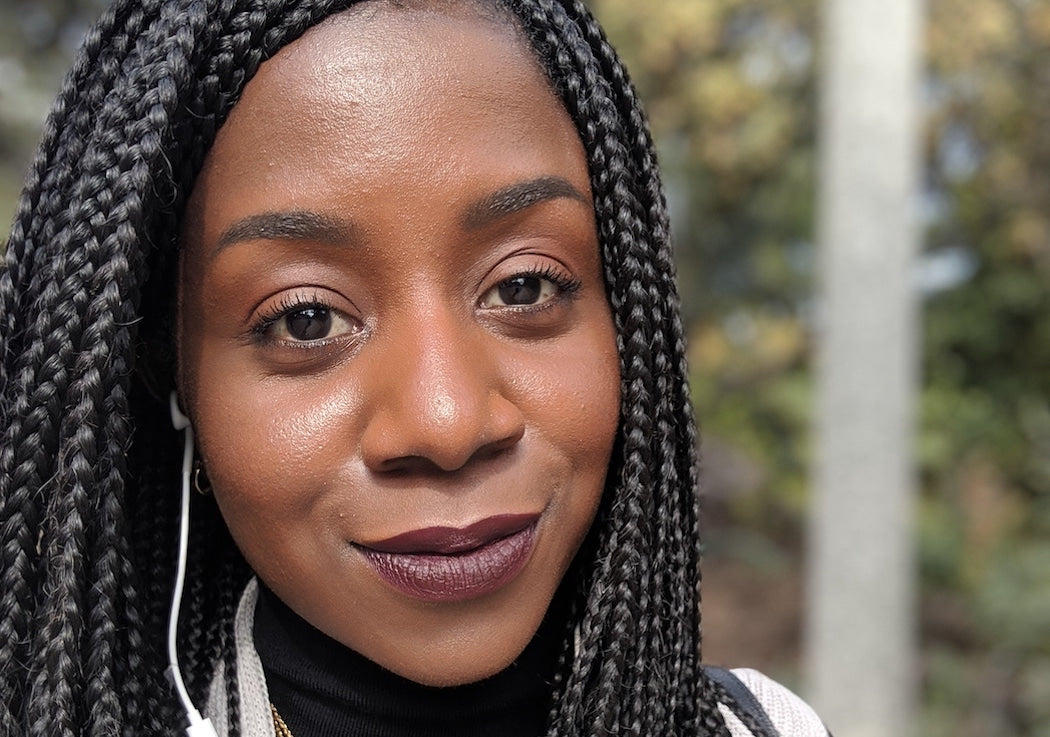When Carmen Aguirre was in elementary school, somewhere around Grade 4, there was an outbreak of lice in her class. Pretty forgettable, right? But Aguirre will not forget. For her, it was an early taste of the kind of racism she would continue to face all her life.
“The assumption was immediately made that it must have come from me because I was the brown girl,” she recalls. “And that was spoken in front of the entire class: ‘It was probably Carmen that brought the lice.’ That kind of stuff was pretty much daily for our community.”
Aguirre and family are Chilean refugees; they came to Canada when she was six years old, though they ended up back in South America five years later. “We couldn’t go back to Chile because we were blacklisted, but we went to Bolivia and Argentina,” she says. “Then when I was 18, I joined the [Chilean] resistance myself until I was about 22, which is when I came back to Canada.”
Since then, Aguirre has dedicated her life to the arts as a playwright, a stage and film actor, and an author. Her main goal? Telling and celebrating the stories of communities that are so rarely seen on the stage and screen. She is the cofounder of the Canadian Latinx Theatre Artist Coalition; the author of books including Something Fierce: Memoirs of a Revolutionary Daughter; and the writer of plays including Chile Con Carne and In A Land Called I Don’t Remember. Most recently, she plays Constanza—a Chilean refugee like herself—in director Carolyn Combs’ film Bella Ciao!, which is airing virtually until July 16, 2020. An ensemble drama, Bella Ciao! explores culture, identity, and belonging among the diverse communities that inhabit East Vancouver’s Commercial Drive.
Over video from her home in Vancouver, Aguirre discusses her time in the Chilean resistance, her experience as a woman of colour in Canadian theatre, and her thoughts on cancel culture.
Congratulations on “Bella Ciao!” debuting online. What made you want to be involved in this project?
I mean first of all, just as an actor, it was a great challenge to play this character. And I loved the story that the movie’s telling; I love what it’s trying to do. I love that it’s about working class people, which is rare, I find, on TV and on stage and on film. And that it celebrated these working class people. I liked everything about it; I wanted to work with Carolyn and [writer] Michael [Springate] and the rest of the cast. There was no negative—there were no pros and cons, it was all pros.
You were part of the Chilean resistance when you were younger—what was that experience like?
It’s always amazing to be part of something so much bigger than yourself, so I’m very very happy that I had that experience when I was young. It’s the single most important thing that I’ve done in my life and that I will probably ever do in my life. It was something that I believed in very deeply and I still believe in, and I would do it all again. To join the Chilean resistance is not a nationalist proposal—you’re fighting for a cause as opposed to a nation. So everything I learned and everything that I did in the Chilean resistance are things that I put into practise as much as I can every day in my life in fighting for other causes that I believe in—whether it’s anti-systemic racism in the theatre community or whatever it may be. So there’s not a lot of words to be able to describe an experience like that, other than: I would do it all again.
What are some of those learnings that you apply to your life and the causes you care about today?
The Chilean resistance was not only fighting the dictatorship in Chile, which was an ultra-right-wing dictatorship that installed the neoliberal economy in Chile which is still intact in Chile; [the resistance] was also an anti-capitalist movement, anti-sexist, anti-racist, anti-homophobic, all of those things. So that’s what I mean. I am still a socialist, and so I bring that lens of socialism to everything that I do.
In this current dialogue that has opened up about systemic racism, I think it’s very important to bring forward the context of capitalism. As far as I’m concerned, you cannot fight systemic racism without talking about capitalism, without contextualizing it in terms of the capitalist system that we find ourselves in. We cannot talk about, as far as I’m concerned, inclusion—because that is a word that presupposes that people of colour, that queer people, that quote-unquote marginalized people can somehow be included and celebrated within the capitalist system. And arguably we can be, right? But the term “inclusion” presupposes that the centre is a white, bourgeois straight man, and that we want to be included with him. I prefer the term “intersectionality,” for example. So all of those things that I learned when I was very young in the Chilean resistance, I bring that lens to pretty much everything I do in my life.
You’ve dedicated your life to telling the stories of minority communities. Why is storytelling important to you?
First of all, I was raised in a storytelling culture and in a storytelling family. Because I was raised in that culture, for example, I can trace my roots back hundreds of years—just because orally, those stories have been told to me and passed on generation to generation. When I first started going to theatre school 30 years ago, it wasn’t my intention to write my own stories; it was my intention to become a Shakespearean actor. And it was while I was in theatre school that it became very obvious to me that the stories that were being told were basically about white rich people. And that is such a tiny portion of the population. It was important to me to tell the stories that were not about rich white people and that were also unabashedly left-wing, which is what I am.
When I was in theatre school [at Studio 58] and was told as a woman of colour, “You’re really not going to get any work, you should probably go and do something else,” what I immediately thought to myself was, “Well, I’m here to change that.” And one of the ways to change that is to actually create work for people of colour by telling stories about people of colour—unabashedly so and unapologetically so.
In the very early ‘90s, the few plays that were being written about immigrant communities of colour really performed gratitude to the mainstream of Canada and really portrayed the home country as backward. And I, from the very beginning, did the exact opposite. I really celebrated the home culture and the home country, and did not perform gratitude to mainstream Canada.
Your theatre school instructors actually sat you down and told you that you weren’t going to get work?
Oh yeah, I was sat down and told that, which was true—they were right. Because of the systemic racism in the Canadian theatre (which is ongoing, of course, but it’s much better now because of so many of us who fought very hard starting in the ‘90s). But yeah, that was true. There are usually about 50 students in the entire student body in my theatre school, and in 1990 there were a grand total of three of us who were students of colour. Very few students of colour were even graduating at that time, making it through the entire program. I think it was in 1990 or 1991 that, for example, it made headlines when an Asian actor played Juliet in a Carousel Theatre production [of Romeo and Juliet] because it was revolutionary to not have an all-white cast.
So yeah, there was no work. I could provide lists and lists and lists of all the things I’ve been told as to why I didn’t get a part. Everything from, “Sorry, you don’t look like the rest of the family,” to, “Oh, you’re great, I just don’t know where I’ll put you or what I’ll do with you,” to, “It’s very complicated to put a person of colour on stage.” I mean, the list goes on. So when the faculty said that to me, they were right. they were trying to help to say, “The road is going to be extremely challenging for you, so if there’s anything else that you think you want to do with your life, this is the time to do it.”
And it was left up to you to decide to start writing the stories that you weren’t seeing being told.
They were very supportive when I did start writing my own plays; they produced my first play. So they were very supportive. But again their point was, “How badly do you want this? Because you’re going to have to want this very badly because of the racism you’re going to have to endure.” And my position was, “Well, I’m here to change that.” Which is what I’ve tried to do.
I cannot imagine being told that.
I mean I grew up in Canada, so I’ve known systemic racism since I was a child. It was nothing new to me. I come from a Chilean refugee community, and for us it was completely normal for the bus to not stop for you, for people to cross the street when they saw you coming, racial slurs—not to mention all the microaggressions.
So being told that by the faculty was nothing new, it was just like, “Yup, this is what it is to be a Latinx person in North America.” But like I said, in the case of the faculty, it was coming from a place of support. First of all, they tell all the students, “What are you doing here? Get out as fast as possible. It’s 90 per cent rejection; it’s a life, nine times out of 10, of poverty; it’s public humiliation; it’s awful. It has to be your calling—if it’s not your calling, please go and do something else.” So with me it was the added component of, “And you are a woman of colour. The level of racism you will suffer is high.” So what I said to them is, “Well, I can talk to you about that because I’m the person of colour in the room. You have no idea what it is to suffer racism.” It was a 100 per cent white faculty, of course. “So I can tell you about that, you can’t tell me about it. And I’m here to change that.”
In your opinion, how do we keep these current conversations about anti-racism going, and not have them fade away in a month?
I think it’s hard for it to not fade away.
I’m completely against cancel culture, de-platforming, callout culture—I’m completely against all of that. And that’s kind of what’s starting to happen. So what happens then is that a lot of white people become terrified, and they feel that all they can do is just flock around saying, “Sorry, sorry, sorry, sorry,” and are too afraid to engage in the discourse—because they’re afraid they’re going to be cancelled if they use the wrong term or if they ask a quote-unquote stupid question. I think it is very unfortunate that is happening, because it doesn’t help anybody or anything.
We need a diversity of perspectives, we need a diversity of opinions. And it’s okay for a white person to ask the wrong question. Or if a white person truly believes that reverse racism exists, why should the knee-jerk reaction be, “Let’s cancel them, de-platform them, and destroy them”? Why don’t we have a dialogue about that? So those are the dangers; that’s why I think it might be over in a month. I think if we didn’t go to these extremes, it could be really ongoing at the forefront of discourse for months and months and years. But because people are now terrified, it might all burn out in a month. I hope not. I hope not.
So where do we go from here?
I think there are some great conversations going on, for sure, and I think there are some real people, certainly in the theatre community, who are really looking at themselves and going: “Okay, I’ve been talking about this for too long, uh, shit—what do I do now? My board is all white, my staff is white, the shows that I produce every year, 90 per cent of them are written by white men and they’re about rich white people. Oh shit, okay. How do I change this now?” So I think people are actually really looking at themselves now and I think that’s great. I just don’t believe that people’s lives need to be destroyed.
I also think it’s very short-sighted because tomorrow it will be you. Tomorrow it will be you. Tomorrow it will move onto another issue and you’ll ask a quote-unquote dumb question on that issue or make a quote-unquote dumb statement on that issue, and then you will be destroyed and cancelled. I guess what I’m trying to say here is: we have to keep our compassion and our empathy.
This interview has been edited and condensed.

